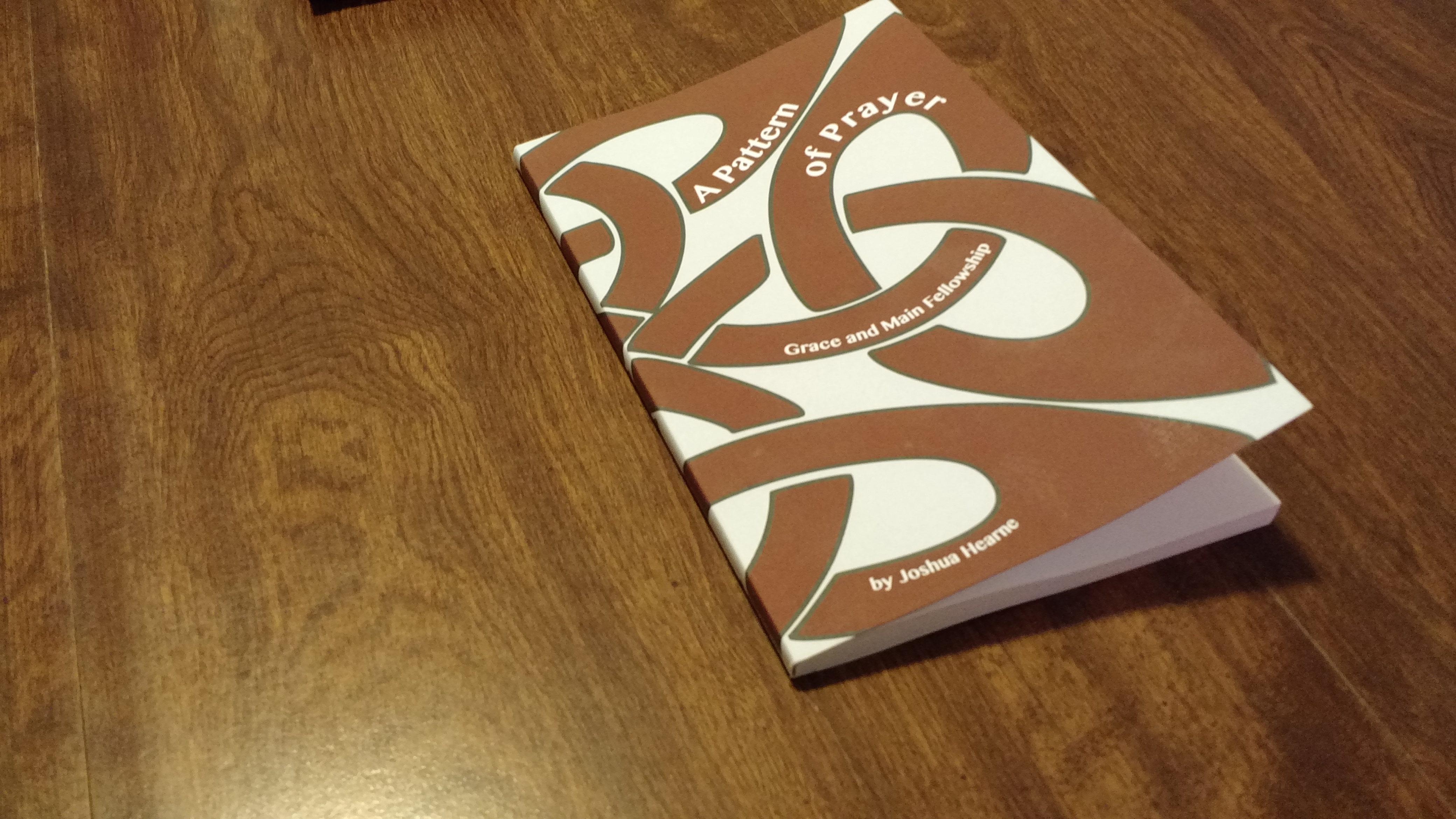Where the Extraordinary Things Are
You can receive future editions of the newsletter in your email by subscribing at: http://eepurl.com/j3EuP
This month’s newsletter story was written by this summer’s seminary resident, Bekah Rhea, in her first week of work with us. We’re thankful for the time she gave to our community and look forward to seeing her graduate in May 2020!
***
My freshman year of high school, I started a blog. Its purposes and platforms transformed over the years into what you’re reading now. But one of the first posts I remember writing was especially concerned with the word extraordinary.

In my theological and creative infancy, this word perplexed me. Extraordinary was meant to indicate anything exceeding the ordinary, yet if you separated it at the prefix, it would indicate something especially ordinary. 14-year-old Bekah dissected this single word with the understanding that Christianity calls people to go beyond the ordinary, that living the Gospel meant anything but ordinary. In a not-so-surprising turn of events, I find that 14-year-old Bekah was, in many ways, incredibly mistaken.
One of my dear friends and former writing coaches once told me to “always make the most extraordinary choice that you can in the moment.” I held on to that advice, and did my best to follow it. Extraordinary choices helped me get to where I am today, literally and figuratively.
Today, and for most of this month, I am in Danville, VA. I have a residency here with a ministry called Grace & Main, an intentional and ecumenical Christian community that focuses on sustainable and sincere ministry through practice of radical hospitality & community.
Essentially, they have a network of hospitality houses throughout the downtown area that serve as home bases for the work that they do in the community. It is relationship-based ministry in which they partner with those experiencing homelessness and poverty, working together to sustain, encourage, and empower one another.
The interdependence that this kind of ministry encourages–sharing resources, leveraging various privileges, and rejecting materialism–are certainly out-of-the ordinary when it comes to the capitalist, individualist culture in which we live. But in most cases, ministry here lies in the especially ordinary.

Mother Teresa, while waiting for the permission to begin the order that would later define her ministry, was described as “struggling to restrain her fervor,” as she “had to follow the regular practices of convent life and find other avenues of expressing her ardent love.” While this hospitality house is certainly not a convent, it is true that in community life, fervor looks a lot like regular practices. It’s not glamorous, not even in the “mission trip” kind of way. It’s just living. It’s pulling weeds, sharing meals, even taking regular time to rest and pray. If you’re looking for a grandiose way to express your religiosity, you won’t find it here.
It is, in fact, extra-ordinary. And there is extraordinary power in these ordinary things. Thomas Merton once wrote: “Eternity is in the present. Eternity is in the palm of the hand. Eternity is a seed of fire, whose sudden roots break barriers that keep my heart from being an abyss…”
Eternity is in the present. Eternity is at the dinner table. Eternity is in shared cups of coffee. Eternity is sitting in the backseat of a van, the corner of a library, the bench of a bus stop. Eternity is peering out at us among the radish beds between the weeds, perhaps giving us a glimpse of Divine Mystery.
***
We depend on the financial support of people like you. If you’d like to make a donation (one-time or recurring) to continue to support our work, you can do it online at: bit.ly/3CMdonate.

